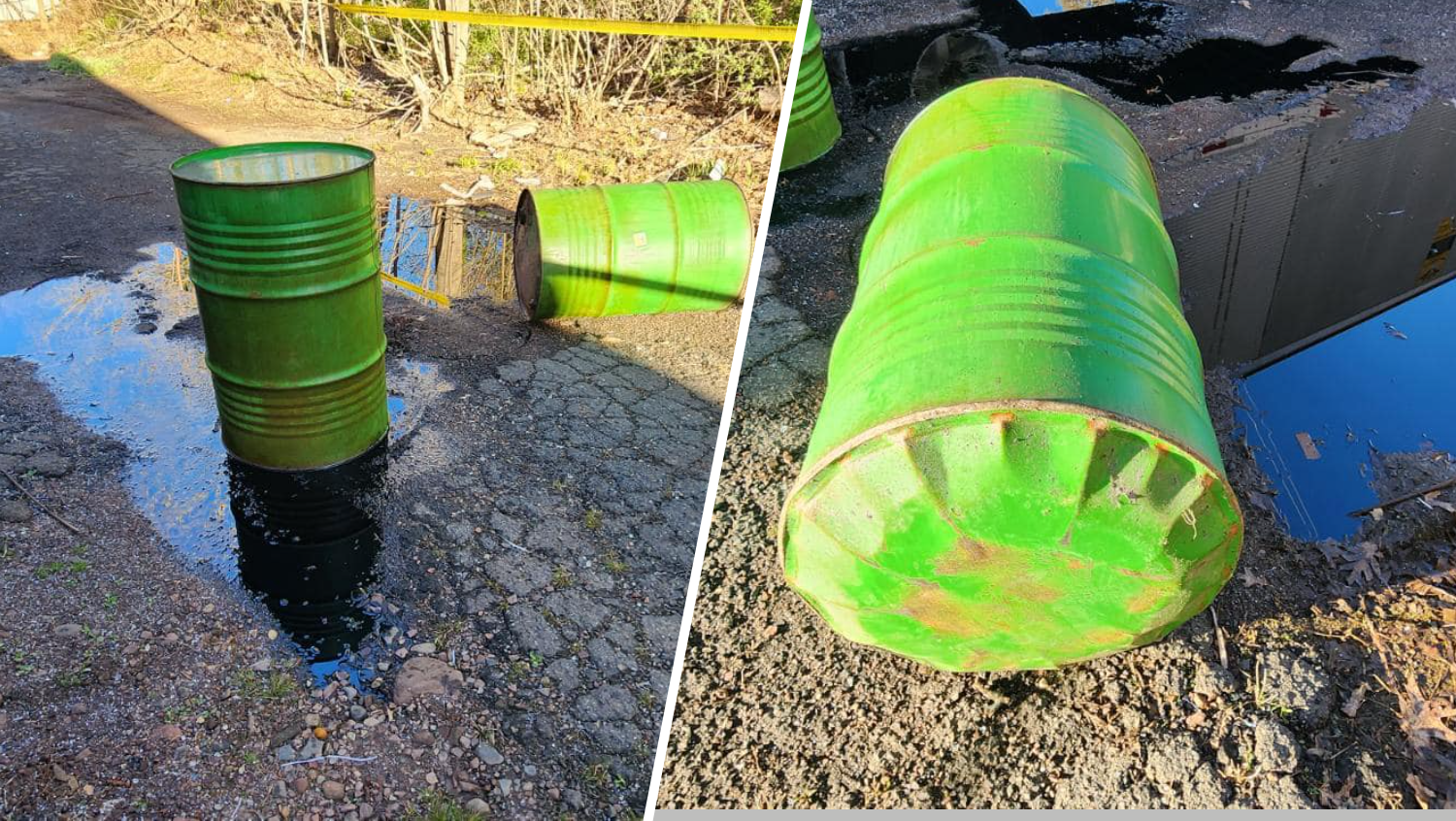The state is supplying all Connecticut hospitals with an opioid reversal drug to give to at-risk patients and loved ones when they’re discharged from the emergency department.
The Connecticut Department of Mental Health and Addiction Services (DMHAS) received federal funds to supply the Naloxone, often known as Narcan, over the next two years at no cost to the emergency departments.
DMHAS has already ordered nearly 6,000 doses.
“This saves lives. It’s all about chances,” said Dr. William Horgan, who practices emergency medicine at Backus Hospital in Norwich.
Horgan, who is also the regional medical director of quality and safety at Hartford HealthCare, said he sees overdoses on almost a daily basis. The ability to hand out naloxone to patients and their loved ones gives them a chance for recovery and treatment.
“It runs across socioeconomic classes. It’s almost anybody,” Horgan said.
When a patient is prescribed a narcotic for a broken bone, Horgan listed as an example, doctors at Backus also prescribe Narcan because accidental overdoses can occur, or other people in the same house can get to the drug.
Local
Recovery Navigator Trisha Rio works with people who are actively using opioids and supports having a reversal drug available to hand out to at-risk patients at the hospital.
“If you have it, if you use it, you’re going to live,” Rio said of naloxone, wearing it in a readily accessible lanyard around her neck.
“I’ve had quite a few times where people have gotten Narcan from me and had to use it…” Rio said. “If they didn’t have it, they wouldn’t be here today because Narcan saves lives.”
In addition to the opioid-reversal drug, patients and loved ones will also get information on how to recognize an overdose, how to use the medication, and how to proceed if the person regains consciousness.
New London firefighters said they see an average of five opioid overdoses in a week.
“I think it’s one more option for people who may need the help and may not necessarily have the time to wait for us to get there,” firefighter and EMT Phil Burgess said.



